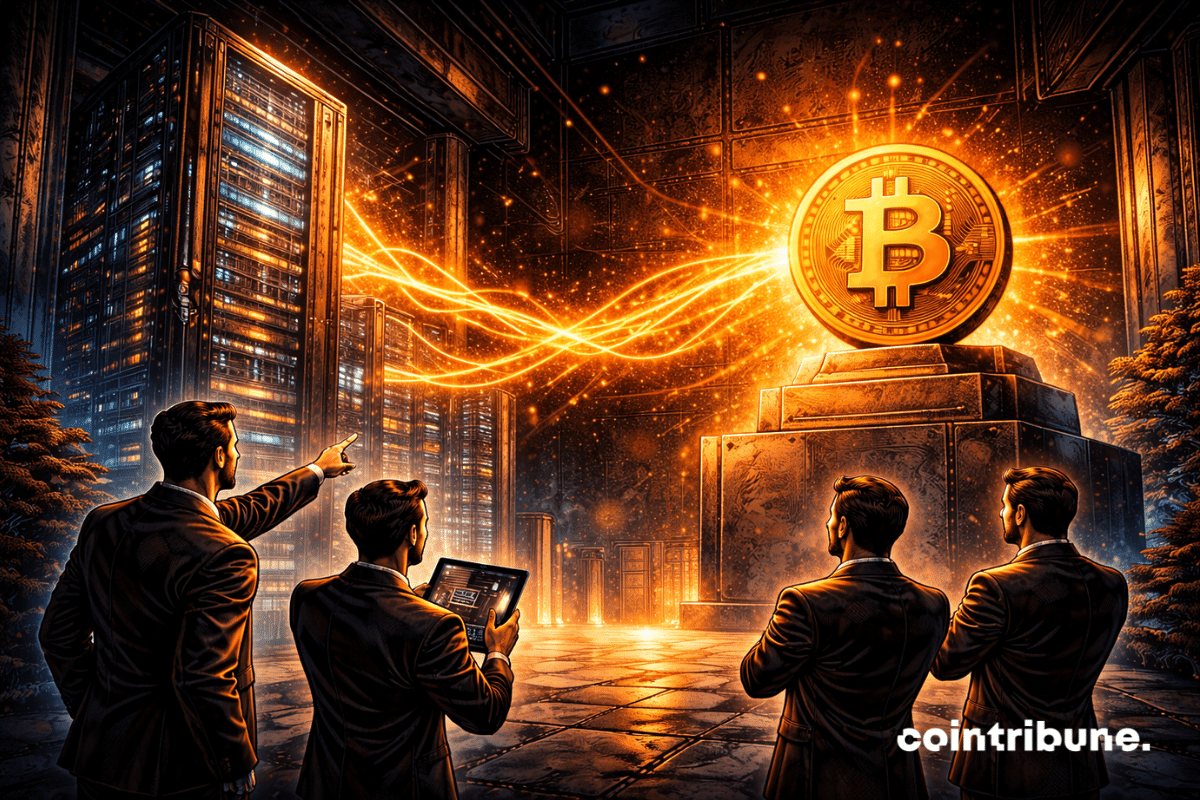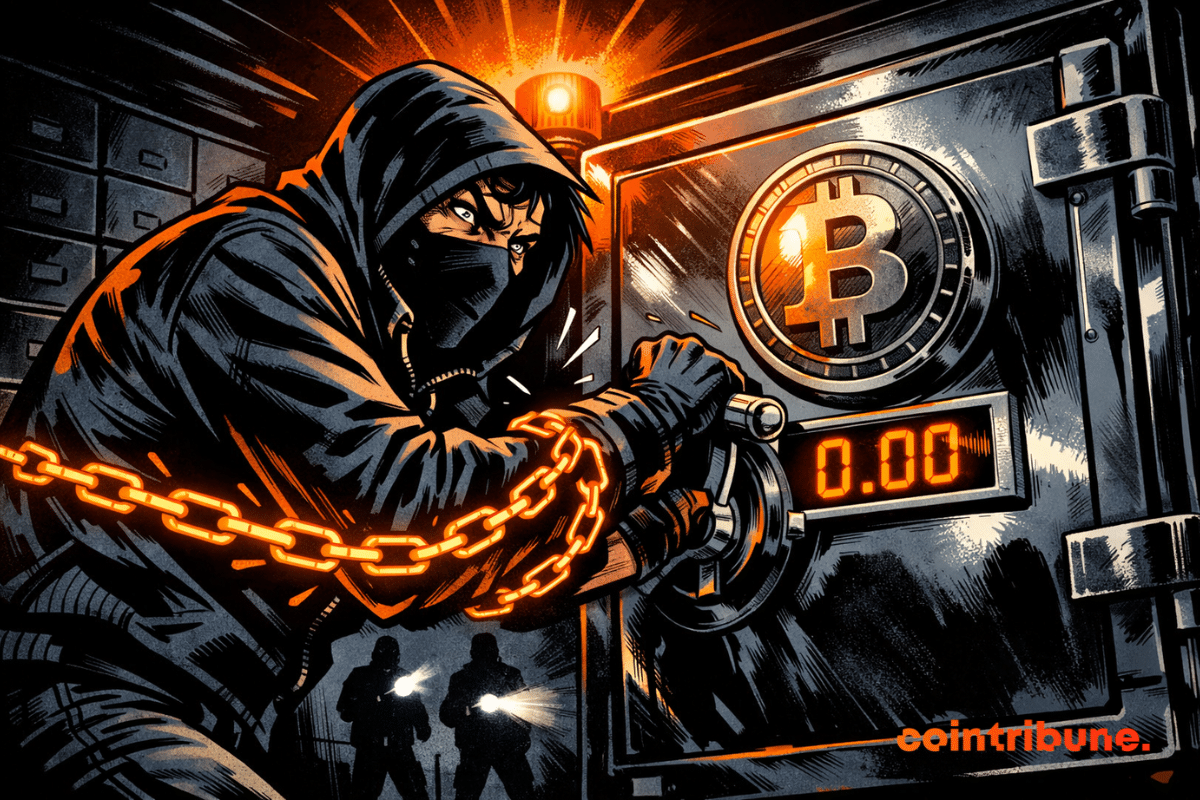Bitcoin cycles never trigger by chance. They emerge when macroeconomic and technological dynamics converge. Today, NYDIG identifies an unprecedented alignment: the rapid rise of artificial intelligence and the prospect of a more flexible monetary policy could create a favorable environment for bitcoin. In a context where markets anticipate financial easing, this combination could shift the balance of risk assets.
Intelligence Artificielle
The CEO of Anthropic, Dario Amodei, has just stepped up against an unprecedented decision by the Trump administration. Washington labeled his company as a "risk to the American defense supply chain," paving the way for an unprecedented legal battle between a major American tech firm and its own government.
Chad Hurley, co-founder of YouTube, dropped a bomb on X with a chilling phrase. Behind the irony of this tweet hides a reality that markets, companies, and workers are only beginning to digest. AI is no longer knocking at the door, it is already inside.
One might think that "more attacks" = "more money." In 2025, reality took a twist. According to Chainalysis, ransomware groups have multiplied breaches (nearly 8,000 leak events, +50% year on year), but on-chain payments reportedly fell to around $820M (≈ -8%). In other words: they are more active… for a less generous harvest.



